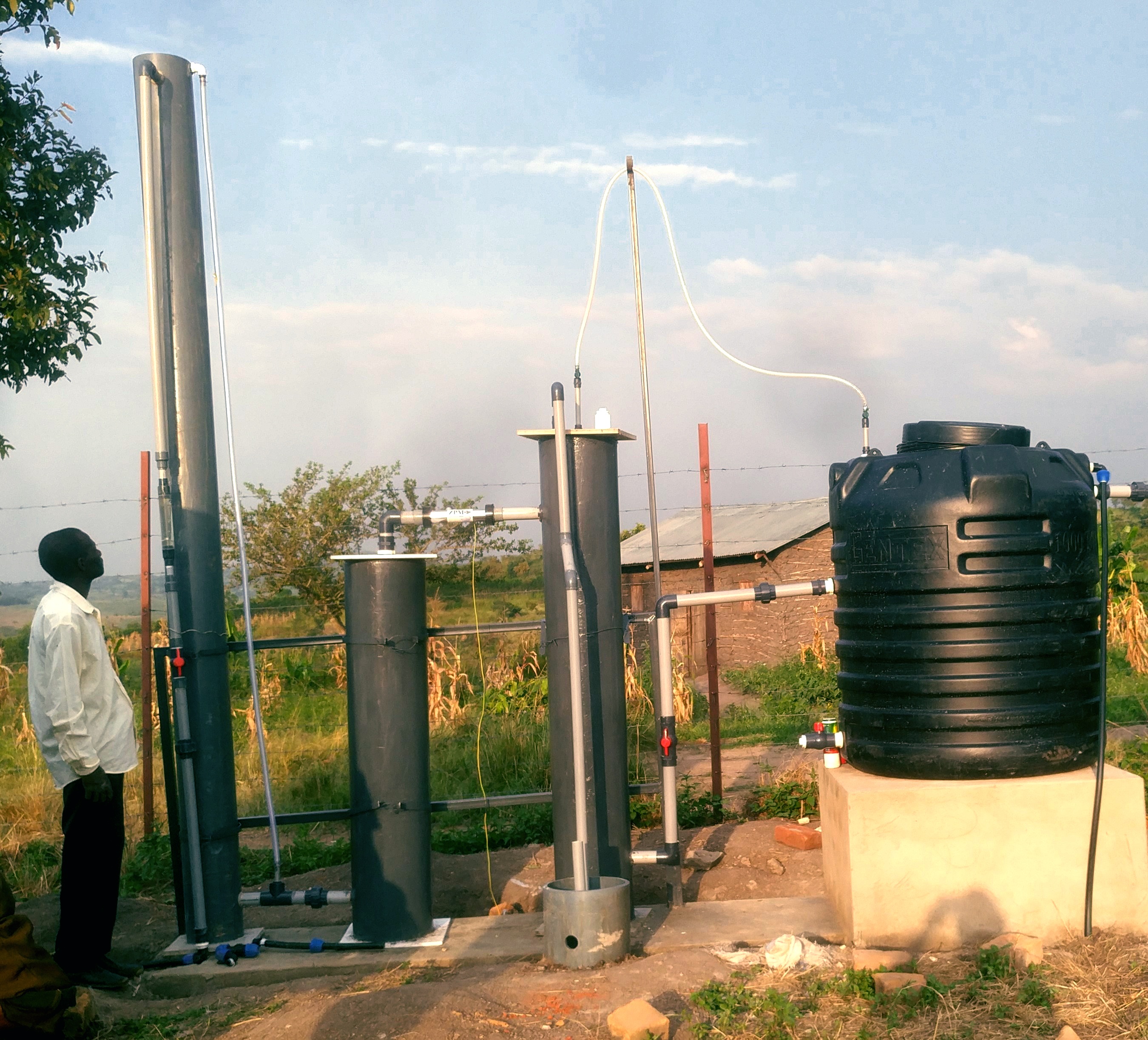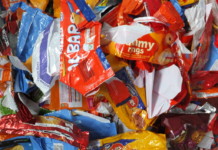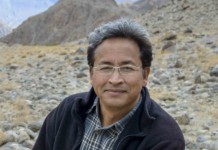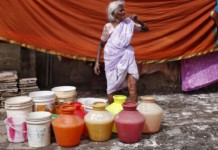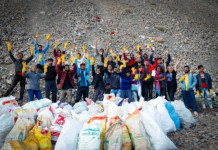Water Reach, a UK-based not-for-profit has come up with a simple and affordable drinking water solution for remote communities. It has tested it in Uganda and is now ready to introduce it in India.
Its challenges are – it’s an NGO with limited funds and needs; needs demonstration models spread across the country; needs marketing mechanism, is yet to get a grasp on right pricing, among others.
Called ClariWash Self-Washing Filtration System, a new concept in water treatment, it is meant for communities comprising 1000 or so people. The firm says its “low maintenance water treatment system is suitable for long-term use in improving water quality for communities in developing countries which lack access to skilled operatives, technical support, spare or replacement parts.”
The system is hydraulically automatic and has no control system, does not need
The system provides a multi-barrier approach comprising aeration, clarification, filtration
It says the relatively complex conventional drinking water treatment processes used in the developed world is impractical in remoter parts of the developing world due to a lack of skilled operatives, lack of maintenance parts for electro-mechanical and control systems, unreliable power supply and poor access to treatment chemicals.
HOW IT WORKS
Both its clarifier and the filter are cleaned in one cycle. The system is self-activating; once the filter is clogged with suspended solids the cycle is initiated by a U tube device causing high velocity water to prime a siphon system and flush the settled solids in the clarifier to waste. Once primed, the siphon then induces reverse flow through the filter bed to clean the filter media. When the wash cycle is complete, forward flow resumes.
It takes one to two weeks to install depending on site location and experience.
COST
To make the system affordable to build and readily available to communities, it can be constructed by mainly using available items such as plastic pipes, plumbing
Cost of a single filter according to UK and Ugandan prices is working out to between $2,800 and $3,500. Cost per head of a community of 1000 persons with 15 litres per head per day depending on raw water quality may work out to between $3 and $4. “With scale and voluntary support, this cost could come down,” he says.
UGANDA
Several filters are currently in use at two locations in Uganda supplying a total of approximately 900 persons. Filters have been operational for two years without
Spokesman Nigel Heeler says the technology is new, but beyond proof of concept stage as filters are in operational use.
Write to Nigel Heeler at nigel.heeler@waterreach.co.uk.


